More and more European countries are becoming relatively easy to travel again, which is a positive sign with regards to the summer season in Europe. However, it must be said that the situation about the entry and return travel regulation is still quite volatile and one has to take into account what is necessary to enter a particular destination and return to his or her home country without any unexpected problems. Tourism Review offers an overview of the current situation and all you need to know about travelling to the most desirable travel destinations.

Austria
According to the latest regulations, proof of vaccination, testing or recovery is a prerequisite for any type of entry. In the case of vaccinated travelers, this means that a vaccination (all vaccines approved by the EMA are recognized) is valid from the 22nd day after the first vaccination for a maximum of 3 months. After the second partial vaccination, the validity is extended by a further 6 months. For vaccines that only require one dose, this applies from the 22nd day. Those who have recovered are entitled to enter the country for six months from recovery. Evidence of neutralizing antibodies counts for three months from the time of the test.

Bulgaria
All you need to enter Bulgaria is a document proving that you have had a complete Covid vaccination (2nd dose + 14 days). Proof of recovery (a positive PCR or antigen test that is at least 15 and a maximum of 180 days old) is also permitted. Alternatively, you can of course still enter the country with a negative PCR test that is no more than 72 hours old or an antigen test that is no more than 48 hours old.

Croatia
Fully vaccinated travelers are allowed to enter the country freely (the rule “2nd dose + 14 days” also applies here). The Chinese and Russian vaccines widely used in Serbia are also approved here (in contrast to other EU countries). Even those who can prove a recovery not more than six months ago are exempt from the test requirement.

Cyprus
Fully vaccinated travelers are exempt from the test obligation. However, a “Vaccinated Flight Request” has to be filled out. For those who have been vaccinated, the rule is that you can enter the country immediately after receiving the 2nd dose (if you have been vaccinated with Pfizer/Biontech, Moderna, AstraZeneca, Sinopharm or Sputnik); If you have the Johnson & Johnson vaccination, you have to wait 14 days (Johnson & Johnson only requires one dose).

Czech Republic
Citizens from the EU are exempted from filling out a Passenger Form or having to comply with a test quarantine requirement for entry into the Czech Republic if they have a COVID-19 certificate which is at least 14 days old and at most 180 days old.

Denmark
Foreigners who are citizens or eligible residents of Schengen countries or European countries classified as “orange” are exempt from the obligation to test and quarantine if they present a Covid vaccination certificate and no longer have to give a valid reason for entry. The vaccination must have taken place within Europe, with a vaccine accepted by EMA. Those who have recovered must be able to provide evidence that the positive PCR test was available at least 14 days and a maximum of 8 months before entering Denmark.

Estonia
Like the other Baltic states, Estonia also enables test-free entry. Fully vaccinated travelers against Covid-19 within the last six months or those who have recovered from the infection can enter without restrictions.

Finland
Finland opened its borders on June 21. However, there are still restrictions. The borders are open to people from EU and Schengen countries who have either been fully vaccinated (the 2nd dose +14 days rule applies), have recovered and have been vaccinated once or have recovered from the infection in the last six months.

France
Vaccinated tourists from Europe can enter France without a valid reason and without any testing obligations. The rule 2nd dose + 14 days applies (for the Johnson & Johnson vaccine 1 dose + 28 days). This also applies to those who have recovered, up to a maximum of six months after recovery. Alternatively, of course, you can present a negative PCR test (at most 72 hours old) or a negative antigen test.

Germany
The situation with Germany remains complicated. There is no longer any quarantine upon entry, but a testing obligation, from which recovered and vaccinated people are exempt. However, each federal state is currently still responsible for how the tourist opening takes place.

Greece
Anyone who can prove a complete vaccination, i.e. completed at least 14 days before entry, is exempt from testing obligations. The same applies to persons, who have recovered from Covid-19 in the last six months.
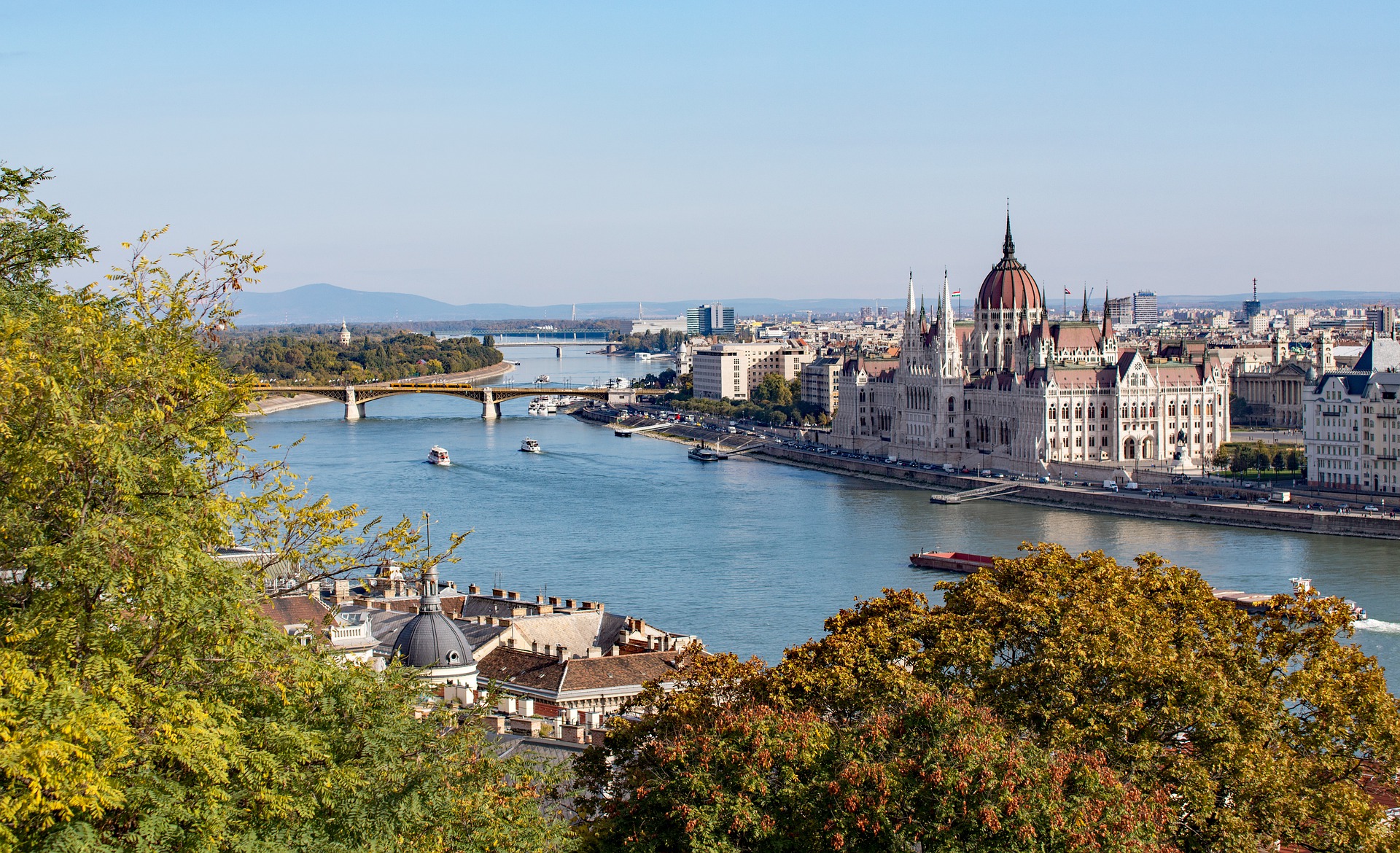
Hungary
Hungary has lifted internal border controls at its Schengen borders since June 23. Furthermore, like all other EU countries, it offers free entry for holders of the European Union’s immunity certificate (formally known as the “EU Digital Green Certificate” or “EU Green Pass”), which has been available for travel within the EU.

Ireland
Ireland will also accept the EU’s digital Covid certificate and plans to do so from July 19th. From that date, travelers from the EU area will be able to enter without further testing and quarantine requirements.

Italy
Anyone who can present a complete vaccination that is older than 14 days or proof of recovery that must not be older than six months when entering Italy is exempt from the obligation to quarantine and test.
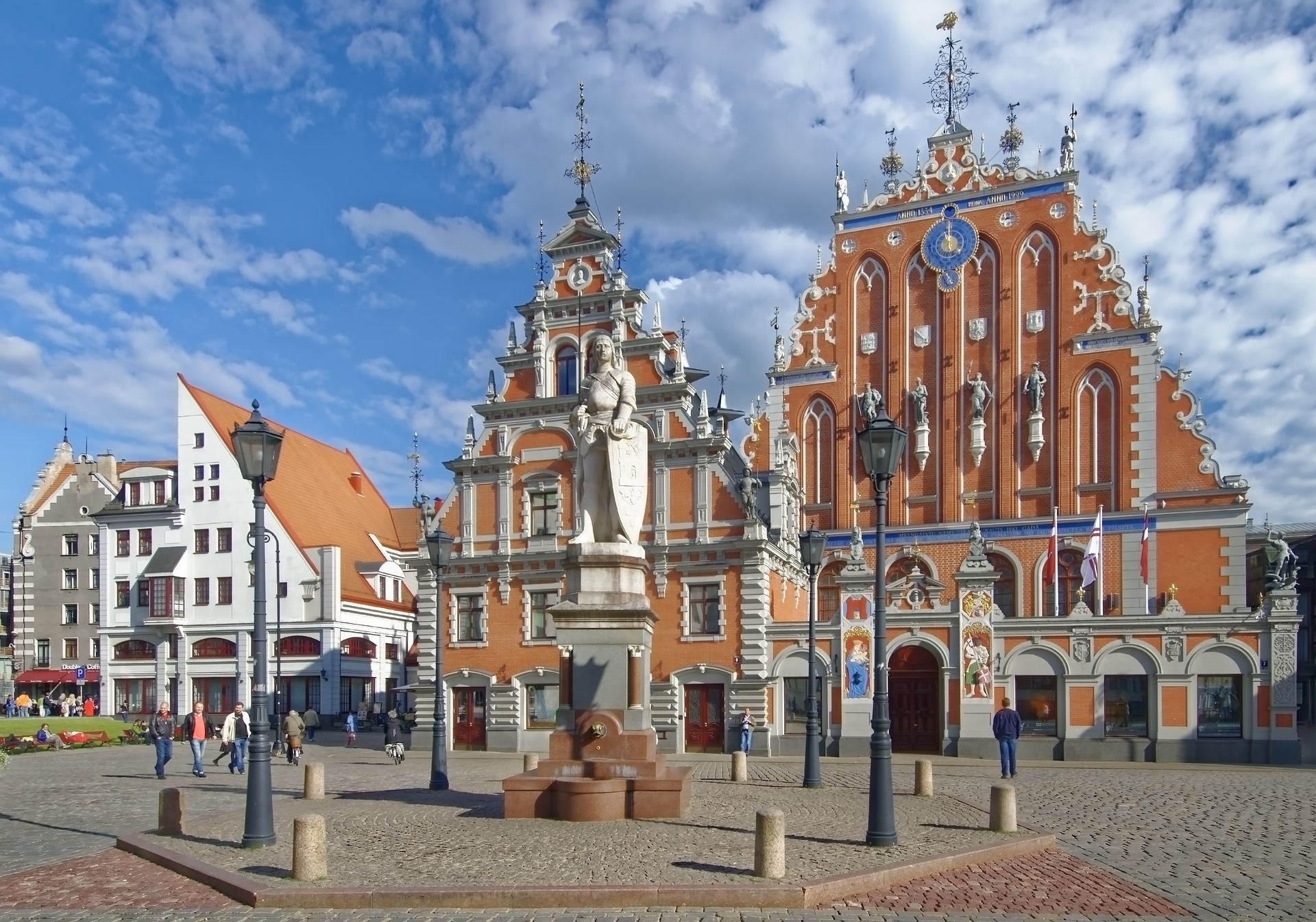
Latvia
Fully vaccinated travelers or those with proof of recovery who have not stayed outside Europe (EEA, Switzerland, UK) up to 14 days before entry can enter the country without testing or quarantine.
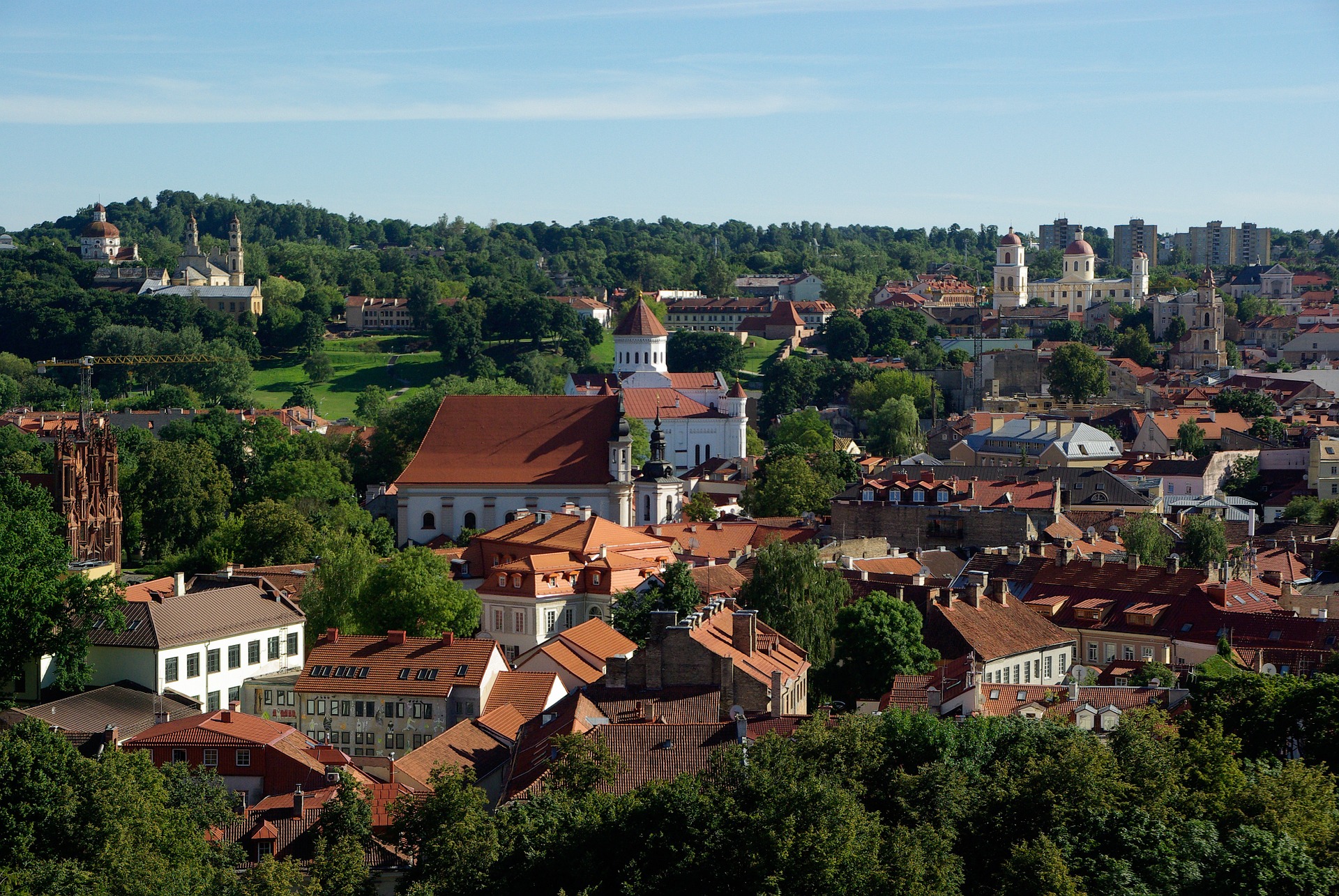
Lithuania
Anyone who presents a complete vaccination or proof of recovery can enter without the necessity to quarantine or undergo a test.
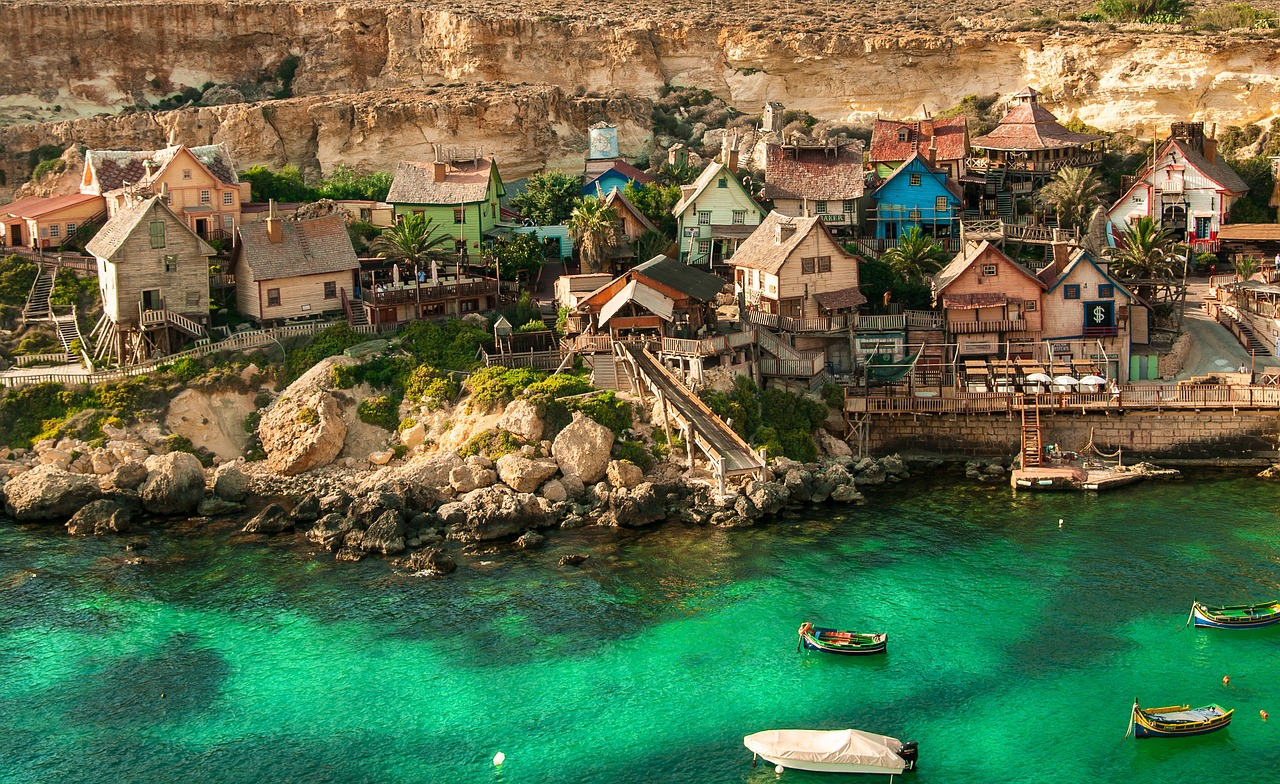
Malta
Malta has achieved herd immunity and is thus easing restrictions. So far, however, a Maltese vaccination certificate with a QR code has to be presented. Otherwise, there is a (chargeable) PCR test upon entry.

Netherlands
Entry regulations depend on the country from which you are travelling. For travelers from safe countries (all EU countries), there are no test or quarantine requirements. This applies to both vaccinated and unvaccinated people. However, stricter rules apply to those arriving from high-risk or very high-risk areas.

Poland
Anyone who is verifiably vaccinated (or tested) does not have to quarantine.

Portugal
A PCR test that is no more than 72 hours old is required to enter Portugal. However, if you are traveling directly to the island of Madeira, there is no test obligation for vaccinated travelers, as well as those who have recovered from Covid-19.

Romania
Anyone who can prove that he has been fully vaccinated or recovered within the last 90 days prior to entry is not subject to any test requirement. The rule 2nd dose + 10 days applies here, while 14 days must have passed after recovery.

Slovakia
In Slovakia, there is no compulsory test for vaccinated/recovered persons. All you need to do is register before entering the country. The rule 2nd dose + 14 days applies for mRNA vaccines (Pfizer/Biontech and Moderna), otherwise 2nd dose + 28 days for vector vaccines (AstraZeneca or Johnson & Johnson).

Slovenia
Fully vaccinated tourists are exempt from test obligations if their second Biontech/Pfizer vaccination was seven days ago or the Moderna vaccination was 14 days ago. Those who have recovered are also exempt, provided that they have recovered a maximum of six months ago.

Spain
Fully vaccinated travelers can exempt themselves from the obligation to provide evidence of a test when entering Spain. The full vaccination must have taken place at least 14 days before departure. The vaccine must have received EMA approval or WHO emergency approval. Recovered persons can also exempt themselves from the obligation to test if they can prove that their recovery from the Covid-19 infection was no more than 180 days ago.
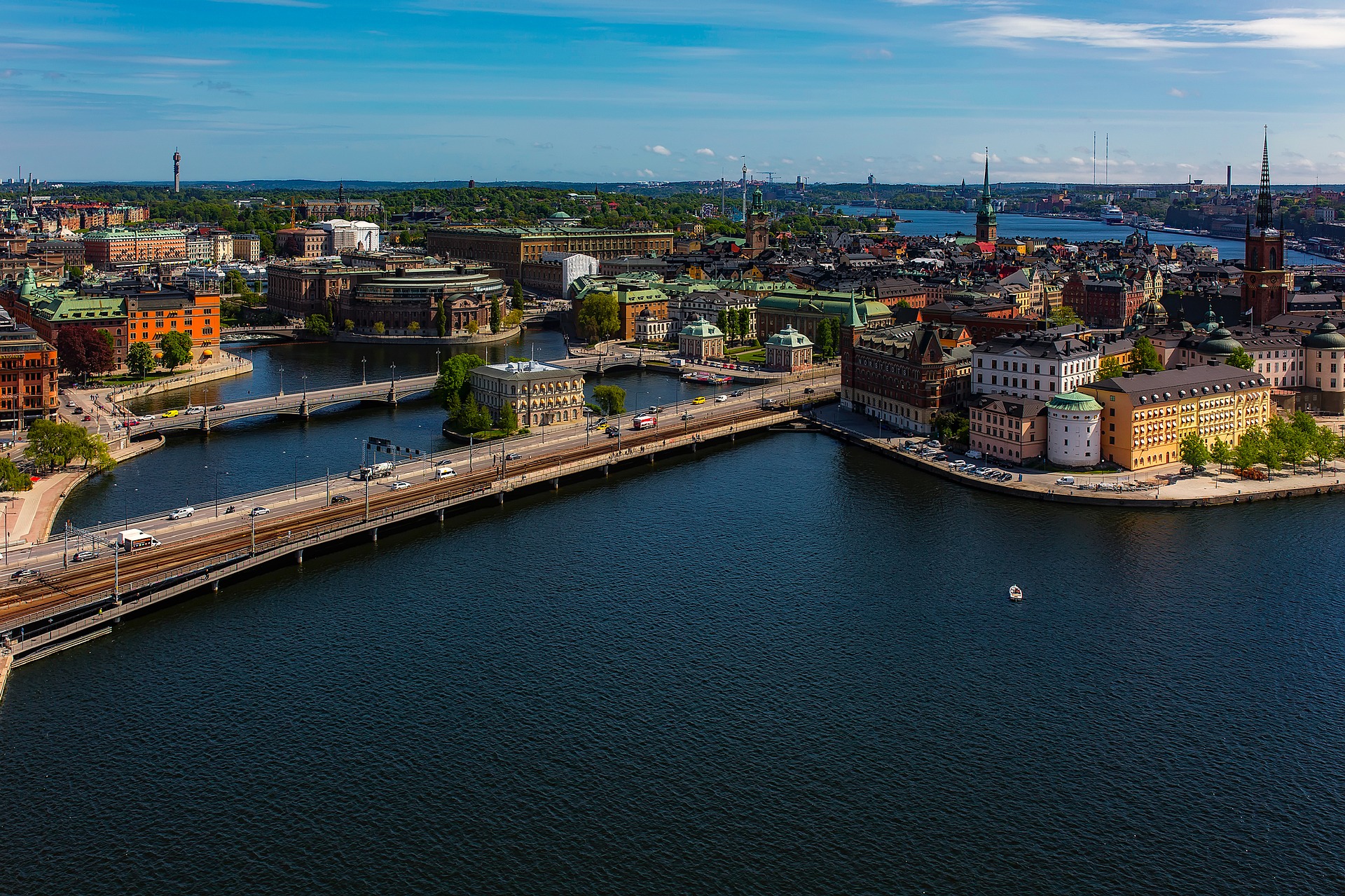
Sweden
As of July 1, travelers will need a Covid certificate. The certificate shows that a person has tested negative, has been vaccinated against Covid-19, or has recovered from Covid-19. The proof must be documented in Swedish, English, Norwegian, Danish or French. This new regulation will apply at least until August 31.

